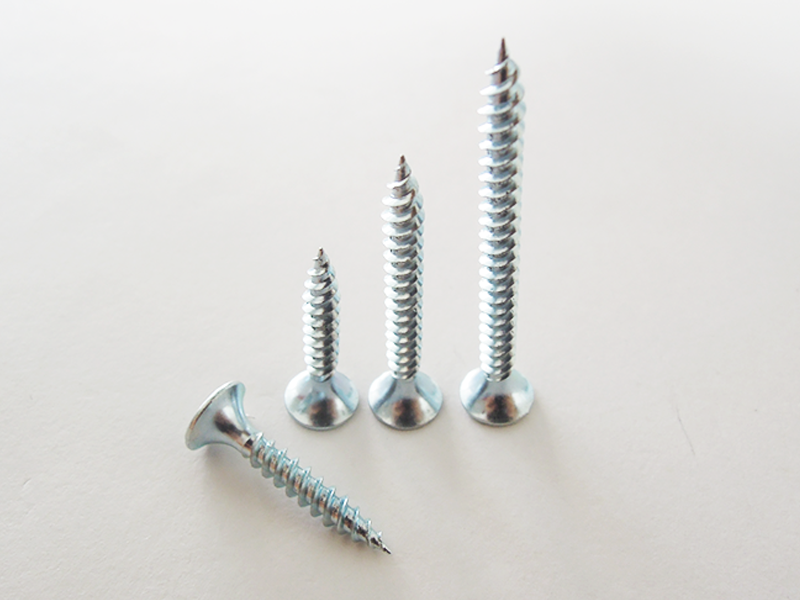What are Drywall screws?
What Are Drywall Screws?
Drywall Screw are used when working with drywall, as the name suggests. They are a popular type of fastener that allows users to secure sheets of drywall/plasterboard to walls and ceiling joists. Drywall screws are designed to secure drywall to both timber and metal studs and frames. They are manufactured with deeper and longer threads, compared to regular screws, which prevents them from becoming loose over time.
These screws ensure that the drywall stays intact, by gripping the drywall sheet and framing structure together tightly. They offer a long-lasting fastening, producing a smooth and clean finish that you will not be able to achieve with a regular screw.
There are many types of drywall screws that have different physical characteristics to suit a range of applications. The length of the screw, gauge, thread, and head can all affect the way in which it is used. As an expert company in the fixing and fastening industry, we have created this blog post to provide you with more information on the types of drywall screws that are available.
Drywall Screw Features

- Bugle head: Bugle head refers to the cone-like shape of the screw head. This shape helps the screw stay in place without tearing all the way through the outer paper layer.
- Sharp point: Some drywall screws specify that they have a sharp point. The point makes it easier to stab the screw into the drywall paper and get the screw started.
- Drill-driver: For most drywall screws, use a #2 Phillips head drill-driver bit. While many construction screws have begun to adopt Torx, square, or heads other than Phillips, most drywall screws still use the Phillips head.
- Coatings: Black drywall screws have a phosphate coating to resist corrosion. A different type of drywall screw has a thin vinyl coating that makes them even more corrosion-resistant. Additionally, they are easier to draw in because the shanks are slippery.





